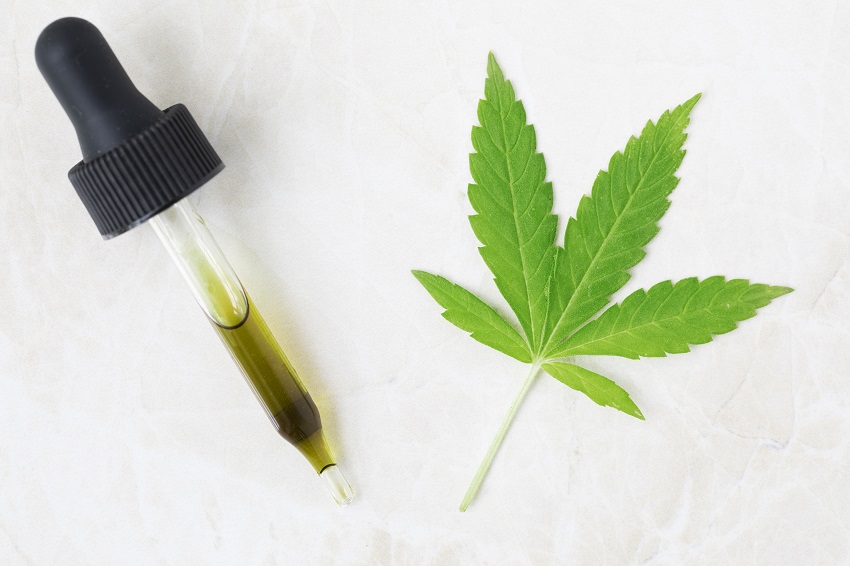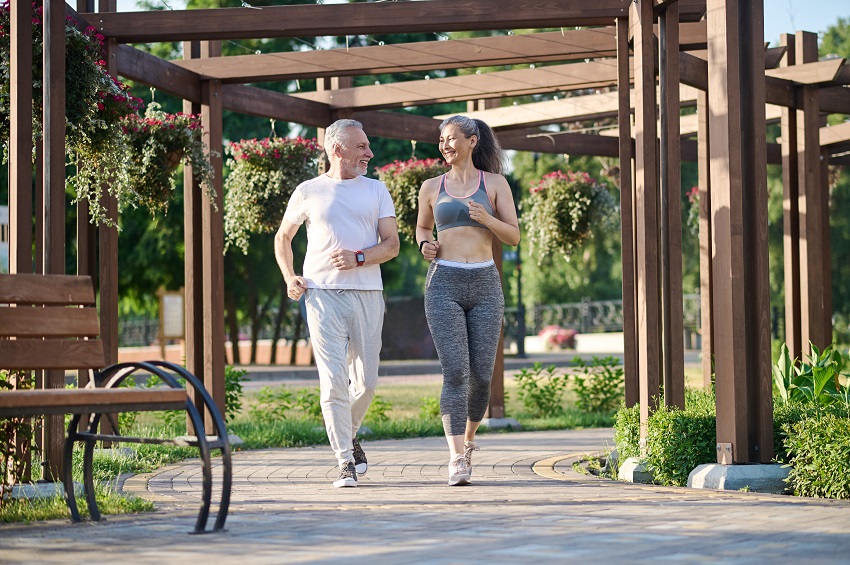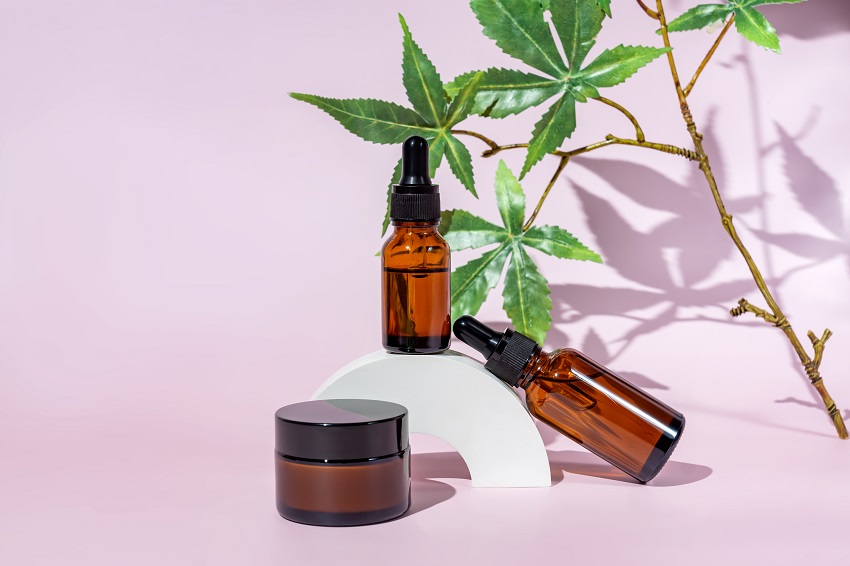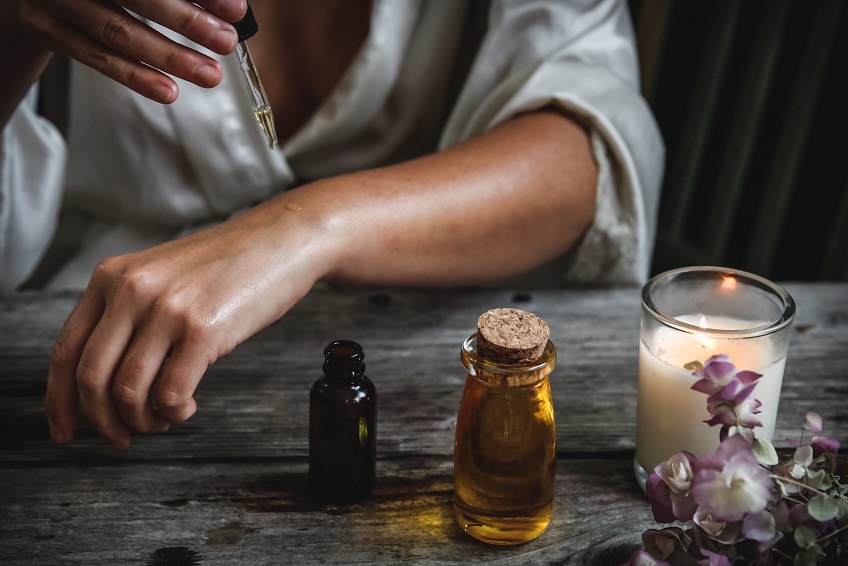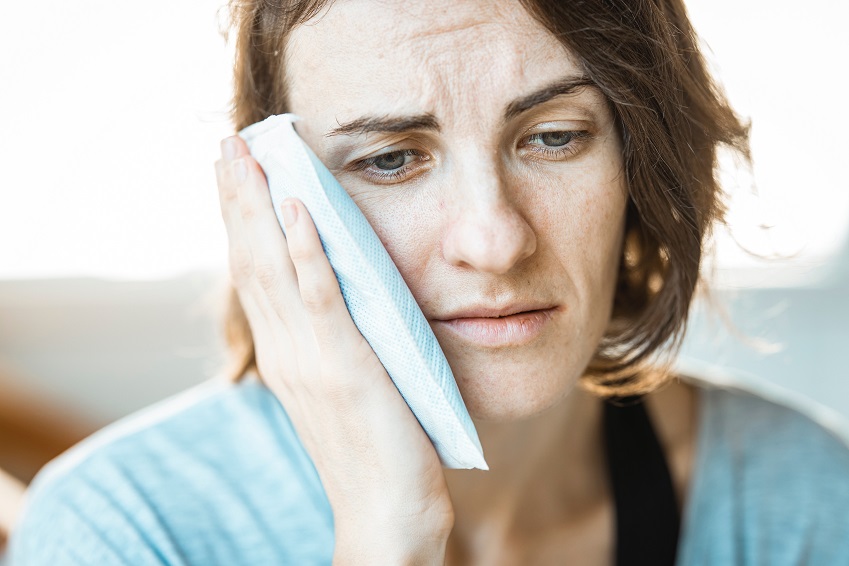
Whether you’re a regular at the gym or a professional athlete, there’s no denying that sports injuries are a major setback. We all know that rest and rehabilitation are essential for physical recovery, but is there anything we can do to expedite the process?
CBD has piqued the interest of researchers in recent years due to its ability to reduce inflammation. For this reason, CBD has become a hugely popular supplement in the health and wellness world, with many hailing it as a therapeutic miracle. Is it, however, effective? Here’s what science has to say about it.
What exactly is CBD?
Cannabidiol (CBD) is one of more than 100 naturally occuring cannabinoids derived from the Cannabis sativa plant. It is a non-psychoactive compound; unlike the mind-altering molecule in cannabis, tetrahydrocannabinol (THC), CBD will not get you high.
Scientists have recently discovered the potent therapeutic properties of CBD, either alone or in combination with other cannabinoids. CBD is now a recognised treatment for rare forms of epilepsy and shows great promise in the treatment of a wide range of other clinical conditions, including anxiety, multiple sclerosis, and arthritis.
How does it function?
CBD interacts with the endocannabinoid system (ECS) in our bodies, a complex signalling network that orchestrates a wide range of biological functions. The ECS effectively supervises our biological systems, attempting to maintain balance. As a result, it is frequently referred to as our “universal regulator.”
CB1 and CB2 cannabinoid receptors, which span the brain and body, are found in the ECS. These are typically activated by endocannabinoids, but their activity can be modulated by other cannabinoids if the ECS is supplemented with cannabis-based products. CBD, in particular, is thought to indirectly activate cannabinoid receptors, affecting our mood, immune activity, sleep, pain perception, and other functions.
How CBD can help with a sports injury
Exercise, especially when it is strenuous or unfamiliar to the body, can harm our muscles and the surrounding area. Strains, sprains, and spasms are common sports injuries that cause aches and pains throughout the body.
Exercise-related injuries are extremely debilitating; not only can they keep you out of sports for weeks – even months – but they can also make everyday life far more difficult. Because most minor physical traumas are characterised by inflammation, CBD may be able to make recovery a little easier.
Expert treatment is essential for a quick recovery, so CBD should not be used in place of seeing a doctor or physiotherapist. However, CBD can be a beneficial addition to a recovery plan, and here’s how.
Reduce inflammatory response
CBD has potent anti-inflammatory properties due to interactions between the ECS and the immune system. CBD has been shown in numerous studies, both experimental and clinical, to reduce inflammation and alleviate some of the symptoms of inflammatory conditions.
A high (60 mg/kg) dose of CBD significantly reduced levels of inflammatory markers, improved muscle strength, and reduced tissue degeneration in an animal model of muscular inflammation. It should be noted, however, that these findings were made after a much higher dose of CBD than is commonly found in commercially available CBD products. More research is needed to determine the optimal dosage.
So far, no studies have explicitly investigated the effect of CBD on exercise-related muscle inflammation, indicating that this is clearly an area for further research. However, testimonial evidence suggests that CBD can help to reduce inflammatory pain, with approximately three-quarters of people living with arthritis – an inflammatory condition – reporting improvements in their symptoms after using CBD.
Pain relief
Several trials of cannabis medicines containing both CBD and THC have yielded positive results in the treatment of chronic pain, implying that cannabinoids may play a role in pain management. Despite the fact that there has been far less research into CBD alone, some studies have suggested that it has pain-relieving properties.
CBD has the potential to alleviate pain in a variety of ways. To begin, CBD can activate CB1 receptors in the brain and alter our pain threshold by indirectly increasing the signalling of anandamide, an endocannabinoid. CBD may also be able to desensitise TRPV1 receptors, which are involved in pain perception.
In humans, the effectiveness of CBD varies depending on the dose administered and the cause of pain. In the future, placebo-controlled studies will be required, but CBD is already proving to be a popular, natural pain reliever. In a survey of 2409 CBD users, the most commonly reported reason for using CBD was pain relief.
Encourage muscle recovery
CBD’s anti-inflammatory properties can also aid in the restoration of muscle fibres and the reduction of muscle soreness. As a result, CBD is becoming a popular post-workout supplement among athletes and fitness enthusiasts. As a result, it has been proposed that CBD could help muscles recover after an injury.
CBD may also be used as a natural sleep aid, according to research. Scientists aren’t sure how it works, but CBD appears to increase the amount of time spent in REM sleep, allowing us to sleep longer and better. Because our bodies perform the majority of their reparative processes while we sleep, CBD promotes the best bodily conditions for rest and repair.
Assist in the healing of fractured bones
Although less common than muscular sports injuries, bone fractures and breaks are not uncommon in those who participate in contact sports. CBD has also been shown to be beneficial to bone health and may even aid in the healing of broken bones.
A more recent review found that CBD can help with bone healing, but more research in humans is needed. It’s definitely worth incorporating CBD into your daily routine if you’re recovering from a bone injury.
Is CBD permitted in professional sports?
Sustaining an injury as a competitive athlete can be extremely disruptive. Not only is forced time away from the sport a huge mental challenge, but there is also the added complication of finding pain relief that is drug-free.
CBD is not on the World Anti-Doping Agency’s (WADA) list of prohibited substances. THC, on the other hand, will show up on a drug test. When purchasing a CBD product, make sure to read the label thoroughly, especially if you are purchasing it online. This is because, in areas where cannabis laws are less stringent, some full-spectrum CBD oils may contain THC. To be safe, choose a product that contains less than 0.2 percent THC. Anything above this level would be illegal in the United Kingdom.
CBD, unlike some strong pain relievers, is non-psychoactive and does not impair athletic performance. If anything, CBD’s therapeutic benefits would improve athletic performance without acting as a prohibited stimulant. As a result, CBD is proving to be extremely popular in the sporting world, with a 28 percent usage rate among professional rugby players.
How to Consume CBD
CBD is now widely available due to the growing popularity of cannabis-based products. CBD can be consumed in a variety of ways. Depending on your needs or the nature of your injury, each method of administration has its own set of advantages. Here are a few of our personal favourites:
CBD oil (cannabidiol)
CBD oils and tinctures are popular methods of administration. CBD enters the bloodstream quickly after a few drops are placed under the tongue, and the benefits are felt almost immediately. There is a wide range of CBD oils available, some of which have additional ingredients for your benefit. If the taste of CBD oil bothers you, it is also available in water-soluble forms, which can be easily added to any drink or shake.
CBD creams and balms
CBD-infused topical products are an excellent choice for those seeking immediate pain relief. When applied to the skin, CBD has a local anti-inflammatory effect at the site of the injury. CBD balms and creams, on the other hand, tend to contain lower doses of CBD, so read the label carefully and choose a product with a higher potency.
Capsules containing CBD
Capsules provide a convenient way to consume CBD oil without the unpleasant taste. They’re an excellent way to get a consistent dose on a daily basis. It does, however, take a little longer for the effects to kick in – anywhere from 30 minutes to 2 hours. Also, take the capsules with food to ensure that the CBD is properly absorbed.
CBD gummy bears
CBD gummies, like capsules, are another great way to get an anti-inflammatory dose orally – and they taste delicious! They have slightly lower doses than oils, so take more if needed.
Protein powder containing CBD
Proteins are the body’s building blocks; they are required for muscle growth. When recovering from a strenuous workout or an injury, you may want to supplement your diet with protein powders.
Hemp protein powder is a great plant-based alternative to whey protein because hemp seeds are naturally high in protein. Because CBD is found in the plant’s flowers, these products typically do not contain it. However, some companies have created CBD-infused protein powders, which give your body an extra boost in the recovery process.
Is it secure?
CBD is a safe and well-tolerated substance even at high doses. CBD can have minor side effects in rare cases. These include nausea, fatigue, and appetite changes, which are usually alleviated with the proper dosage. CBD has a much better safety profile and far fewer side effects than the majority of prescription painkillers.
Before using CBD, always consult your doctor, especially if you are taking any other medications. This is due to the fact that CBD has been shown to have mild drug interactions that can harm the liver over time.
CBD can aid the body’s recovery process by supporting both your mental and physical well-being. If you’re resting and recovering from a sporting injury, CBD is definitely worth a try.

